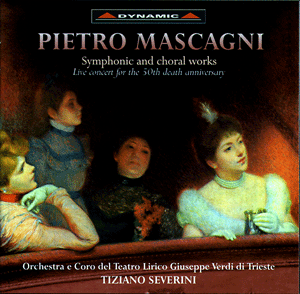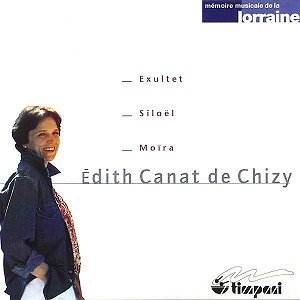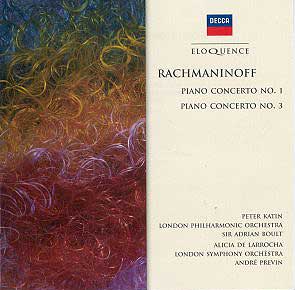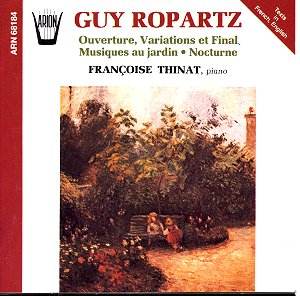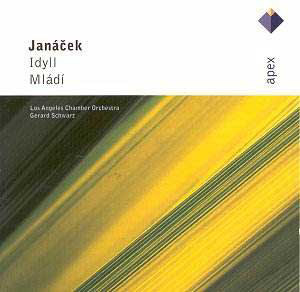 Composer: Leoš Janáček
Composer: Leoš Janáček
Works: Idyll for String Orchestra, Mládí for Wind Sextet
Performers: Los Angeles Chamber Orchestra, Gerard Schwarz (conductor), David Shostac (flute), Allan Vogel (oboe), David Shifrin (clarinet), Kenneth Munday (bassoon), Robin Graham (horn)
Recording: Recorded at the Ambassador Auditorium, Pasadena, California, December 1980 and November 1981
Label: APEX 7559 79680
Leoš Janáček’s oeuvre, often defined by its robust folk influences and intricate emotional landscapes, reveals itself in two contrasting works on this recording: the early Idyll for String Orchestra, composed in 1878, and the later, more distinctive Mládí for wind sextet, written during the twilight of his creative life. The juxtaposition of these pieces not only illustrates Janáček’s artistic evolution but also invites listeners to explore the nuances of his compositional voice, which, while developing over decades, retains an intrinsic connection to his Bohemian roots.
The Idyll is a charming yet somewhat conventional piece, reflecting the influence of Dvořák, as noted in the accompanying booklet. Written when Janáček was just 24, this work is imbued with lush, melodic writing that is immediately appealing, demonstrating his early mastery of orchestration. The vibrant fourth movement, infused with folk dance motifs, serves as a foretaste of Janáček’s later rhythmic inventiveness, albeit still somewhat restrained compared to his mature works. The Los Angeles Chamber Orchestra delivers a polished performance, capturing the lyrical quality of the strings with clarity and warmth, although one may argue that it lacks the earthy vibrancy that could further enhance its folk-like essence.
In stark contrast, Mládí emerges as a truly original contribution to the wind chamber repertoire. Composed for a unique ensemble consisting of a classic wind quintet augmented by bass clarinet, it showcases an innovative textural balance that is both rich and challenging. The ensemble’s interpretation, under Gerard Schwarz’s direction, demonstrates a commendable grasp of the piece’s intricate rhythmic shifts and coloristic demands. Each musician displays commendable virtuosity; for instance, the interplay of the flute and clarinet in the first movement reveals a refined sensitivity to the work’s expressive possibilities. The Andante sostenuto in particular stands out, with its serene beauty and expressive depth—an oasis of clarity amidst the work’s often frenetic pace.
Recording quality plays a pivotal role in conveying the intricacies of both works. The engineering in Mládí is particularly noteworthy; the placement of microphones captures the nuanced interplay between the instruments, allowing the listener to appreciate the textural subtleties that can often be lost in larger ensembles. The sound is vibrant and well-balanced, enabling the woodwinds to shine without overwhelming one another, a technical achievement given the potential for sonic muddiness in such arrangements.
While there is much to admire in this recording, the final movement of Mládí feels somewhat underwhelming, lacking the dramatic culmination one might expect from the work’s preceding sections. Though nothing goes awry, the restrained conclusion contrasts sharply with the exuberance leading up to it, leaving a sense of unfinished business. This subtle letdown does not detract significantly from the overall excellence of the performances, which are both engaging and technically proficient.
This recording serves as a valuable exploration of Janáček’s diverse musical language, presenting two distinct yet complementary works that reflect different stages of his life and creative process. The Los Angeles Chamber Orchestra’s interpretations are commendable, showcasing their adeptness at navigating the challenges posed by both the Idyll and Mládí. The engineering quality enhances the listening experience, ensuring that the nuanced dialogues between instruments are both vivid and clear. Such a collection merits attention not only for Janáček aficionados but also for those interested in the evolution of chamber music in the early 20th century.
